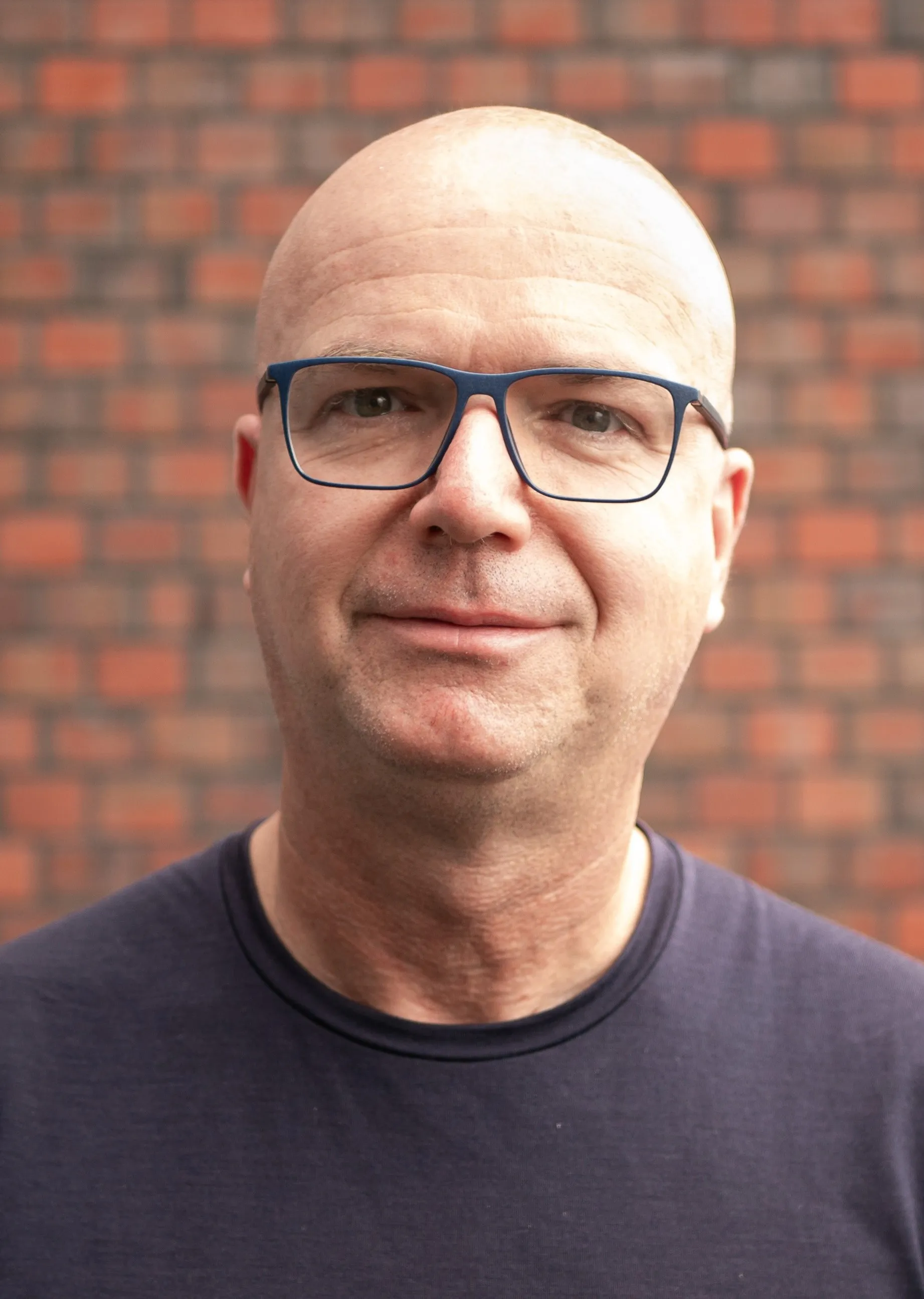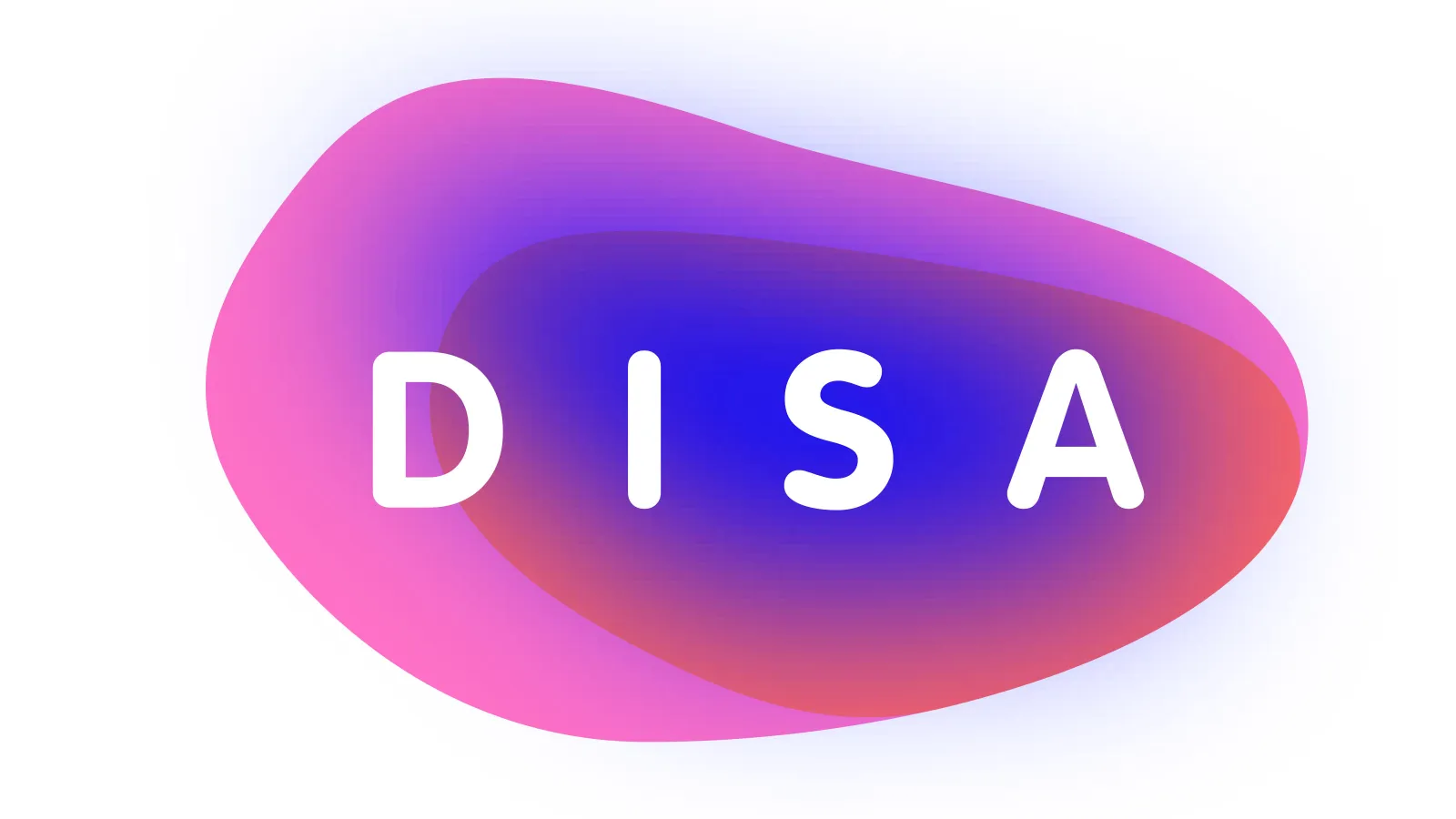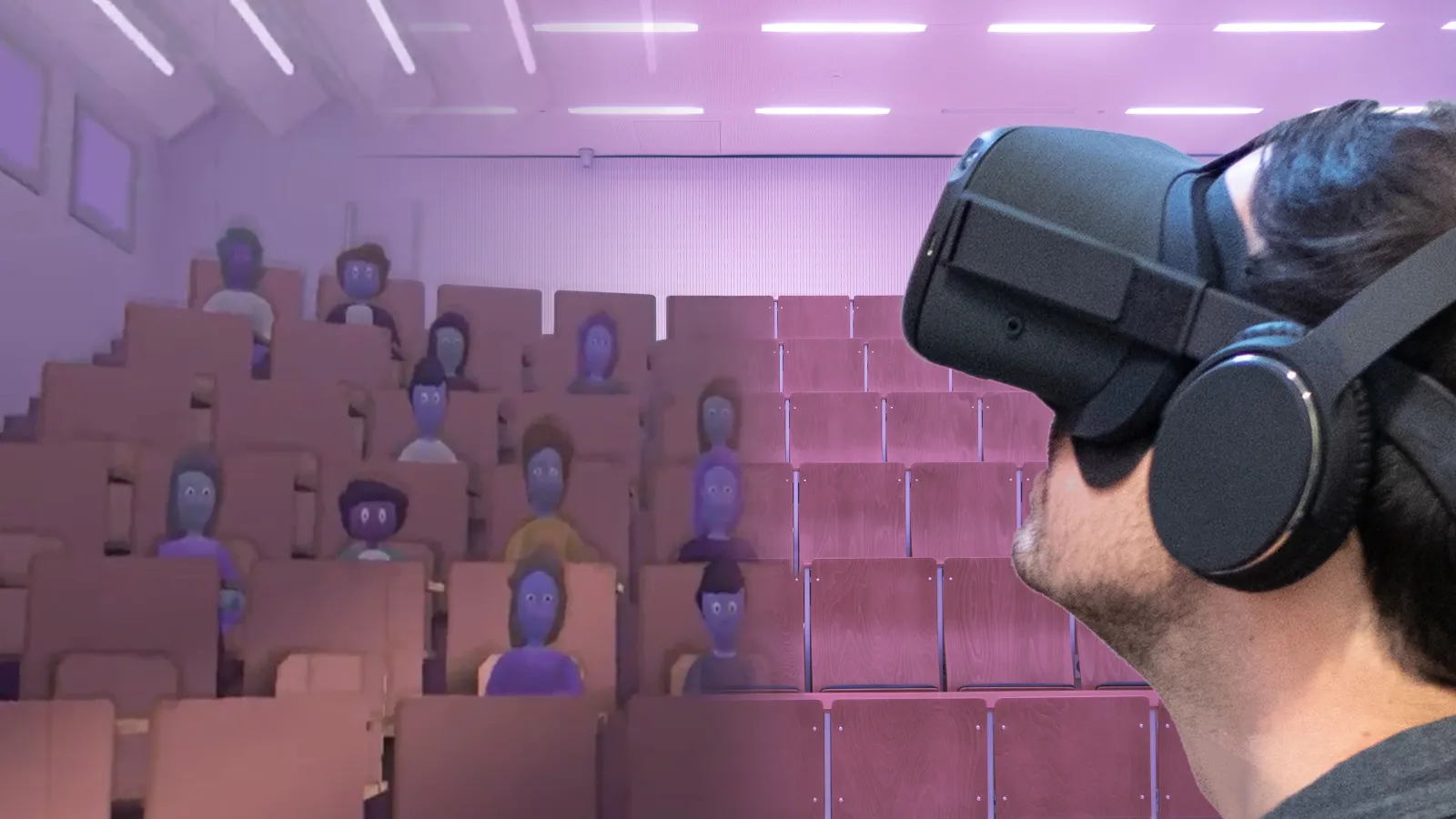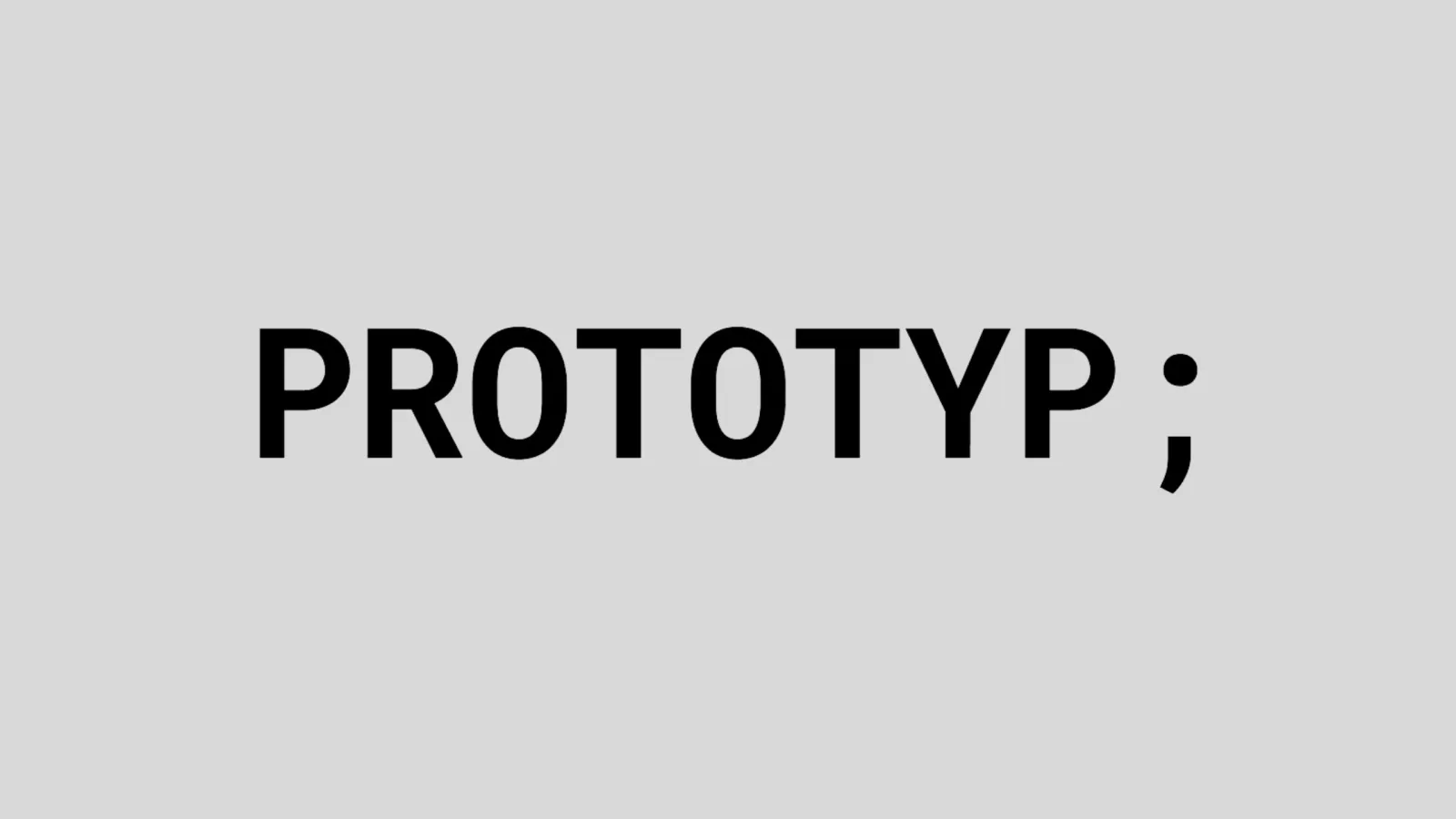- ⌂
- Prof. Dr. Frank Heidmann
Prof. Dr. Frank Heidmann

By arrangement
Main fields of activity (research, teaching)
- Teaching in the fields of usability engineering and human-computer interaction
- Project manager at the IDL (Interaction Design Lab) of the University of Applied Sciences Potsdam
- Implementation of research and service projects on various issues of human-technology interaction, including web usability, design patterns, eye-tracking studies, interface design for the aging society, integration of user-centred design methods in the design process, etc.
CV
- born 1967 in Hagen (Westphalia)
- 1988 - 1994 Studies of Applied Physical Geography at the University of Trier with the subsidiary subjects cartography and remote sensing
- 1995 - 1998 Research assistant in the Department of Cartography at the University of Trier, set-up and management of the Laboratory for Experimental Cartography and Media Evaluation with a focus on the conception and evaluation of digital cartographic media and multimedia products
- 1998 - 1999 Doctoral scholarship from the state of Rhineland-Palatinate
- 1999 Doctorate (Dr. rer. nat.) at the University of Trier with a thesis on task- and user-oriented support of cartographic communication processes through working graphics
- 2000 - 2001 Project manager at the Fraunhofer IAO, Stuttgart, Usability Engineering Department
- 2001 - 2003 Head of the Market Strategy Team Usability Engineering (Fraunhofer IAO)
- 2003 - 2005 Head of the Competence Center Human-Computer Interaction (Fraunhofer IAO)
- since October 2005 Professor at the University of Applied Sciences Potsdam in the course of studies Interfacedesign
- February 2016 to December 2027 Honorary International Chair Professor National Taipei University of Technology (Taipei Tech), Taiwan
Publications
2010
- Nagel, T., Heidmann, F., Condotta, M., Duval, E.: Venice Unfolding: A Tangible User Interface for Exploring Facetted Data in a Geographical Context. NordiCHI 2010, October 16-20, 2010, Reykjavik, Iceland.
- Condotta, M., Nagel, T., Heidmann, F.: Browsing and correlation of territorial data in tangible maps – a Venice case study. INPUT 2010, UniBas, Potenza, Italy.
2011
- "Exploring faceted geospatial data with tangible interaction" Till Nagel, Frank Heidmann. In: GeoViz 2011. Linking Geovisualization with Spatial Analysis and Modeling. 10/11.3.2011, Hamburg.
- "Tangible User Interfaces for Exploring Facetted Data in a Geographical Context" Till Nagel, Frank Heidmann. In: 25th International Cartographic Conference, 3-8.7.2011, Paris.
2012
- Matthies, D.J.C., Antons, J., Heidmann, F., Wettach, R., & Schleicher, R. (2012). NeuroPad: Use Cases For A Mobile Physiological Interface. In: NordiCHI'12: Proceedings of the 7th nordic conference on Human computer interaction. Copenhagen, Denmark, October 14 - 17, 2012. ACM, New York, NY, USA, pp. 795-796.
2013
- Heidmann, F (2013). Interaktive Karten und Geovisualisierungen. In: Weber, W., Burmester, M. & Tille, R. (Eds.). Interaktive Infografiken. Berlin: Springer-Verlag, pp. 39-69.
- Heidmann, F. (2013). Interfacedesign: Corporate Interaction. In: Beyrow, M. et al. (Eds). Corporate Identity und Corporate Design. Das Kompendium. Vol. 2, erweiterte Neuauflage. Ludwigsburg: avedition, pp. 74-91.
- Heidmann, F. (2013). Popper 2.0. Warum unser Wissen fehlbar ist, und wie wir aus Fehlern lernen. Forschendes Lernen als Schlüsselkompetenz für die Wissensarbeit von morgen. In: Ammann, B. et al. (Eds.). InterFlex. Querdenken erwünscht. Potsdam, pp. 43-45.
- Nagel, T., Heidmann, F., Duval, E., Klerkx, J., & Vande Moere, A. (2013). A. Unfolding – A Simple Library for Interactive Maps and Geovisualizations in Processing. GeoViz 2013, March 6-8, Hamburg, Germany.
2014
- Meier, S., Heidmann, F. & Thom, A. (2014). Heattile, a New Method for Heatmap Implementations for Mobile web-based Cartographic Applications. In: T. Bandrova et al. (Eds.): Thematic Cartography for the Society, Lecture Notes in Geoinformation and Cartography. International Conference on Cartography and GIS 2014. Berlin: Springer, pp. 33-44.
- Meier, S., Heidmann, F. & Thom, A. (2014). A Comparison of Location Search UI Patterns on Mobile Devices. In: Proceedings of the MobileHCI 2014, Sept. 23–26, 2014, Toronto, ON, CA, pp. 465-470.
- Meier, S. & Heidmann, F. (2014). Too many Markers, revisited. An empirical analysis of web-based methods for overcoming the problem of too many markers in zoomable mapping applications. In: Computational Science and Its Applications (ICCSA), 2014 14th International Conference on Computational Science and Its Applications, pp. 121-125.
- Thom, A., Meier, S. & Heidmann, F. (2014). Interkulturelle Nutzeranforderungen erheben. UP14, Stuttgart.
2015
- Thom, A., Meier, S. & Heidmann, F. (2015). Anforderungsanalyse bei IT-Experten mittels Experience-Sample-Methode. In: Endmann, A., Fischer, H. & Krökel, M. (Hrsg.): Mensch und Computer 2015 – Usability Professionals. Berlin: De Gruyter Oldenbourg. pp. 133-143.
- Meier, A., Matthies, Denys J.C. & Heidmann, Frank (2015). A brief Survey on Understanding the Interaction between Human and Technology at the Task of Pedestrian Navigation. In Proceedings of the International Summer School on Visual Computing 2015 - VCSS 2015. p135-140. Fraunhofer Verlag.
- Wolf, I., Gortana, F., Herrmann, I., Thiele, P., Heidmann, F. & Schröder, T. (2015). Drag and Drop Cognition: Graphical User Interface for Cognitive-affective Models in Multi-agent Systems. 2nd GESIS Computational Social Science Winter Symposium. Köln, Germany.
2017
- Heidmann, F. & Schiewe, J. (2017). Human-Computer Interaction in Geovisualization. i-com – Journal of Interactive Media, Band 16, Heft 3, p. 203.
- Beyrow, M., Godau, M., Heidmann, F., Langer, C., Wettach, R., & Mieg, H. A. (2017). Forschendes Lernen im Design. In Mieg, H. A. & Lehmann, J. (Hrsg.): Forschendes Lernen: Wie die Lehre in Universität und Fachhochschule erneuert werden kann. Frankfurt/Main: Campus. pp. 269-279.
- Tost, J., Olen, S. M., Bookhagen, B., & Heidmann, F. (2017). Communicating Landslide Risk by Combining Hazard and Open Infrastructure Data in Interactive Visualizations. In: Proceedings of the 19th EGU General Assembly, Conference Abstracts. p. 12575.
- Tost, J. & Heidmann, F. (2017). Visualization and Interaction with Multiple Devices. A Case Study on Reachability of Remote Areas for Emergency Management. i-com – Journal of Interactive Media, Band 16, Heft 3, pp. 223–246.
- Tost, J., Ehmel, F., Heidmann, F., Olen, S.M. & Bookhagen, Bodo (2017). Hazards and accessibility: combining and visualizing threat and open infrastructure data for disaster management. In: ICC 2017: Proceedings of the 2017 International Cartographic Conference, Washington D.C.
2018
- Heidmann, F., Klose, A. & Vielhaber, J. (2018). Erlebbar machen von Forschung für Studierende an Fachhochschulen. In: Lehmann, J. & Mieg, H.A. (Hrsg.): Forschendes Lernen. Ein Praxisbuch. Potsdam: Verlag der Fachhochschule Potsdam. pp. 532-553.
- Heidmann, F. (2018). Interface Design. Corporate Interaction. In: Kiedaisch, P., Beyrow, M. & Klett, Bettina (Hrsg.): Kompendium Corporate Identity & Corporate Design 4.0. Stuttgart: avedition, pp. 88–107.
- Michel, A., Langer, C. & Heidmann, F. (2018). Curriculum design: How can the development of information science curricula benefit from interdisciplinary cooperation? In: Proceedings from FEIS – International Symposium organized by EINFOSE – European Information Science Education: Encouraging Mobility and Learning Outcomes Harmonization,10–11 September 2018 Pisa, Italy, pp. 223-228.
- Braunschweiger, D., Pütz, M., Heidmann, F. & Bludau, M.-J. (2018). Mapping governance of adaptation to climate change in Switzerland. Regional Studies, Regional Science, 5:1,
pp. 398-401.
2019
- Budinger, K. & Heidmann, F. (2019). Our Symbiotic Life. An Exploration of Interspecies Relations. ACM DIS '19: Proceedings of the 2019 on Designing Interactive Systems Conference June 2019, pp 1349–1362.
- Michel, A., Heidmann, F. & Langer, C. (2019). Design
0815. Erfahrungen der Alumni für Curricula nutzen. DUZ Wissenschaft & Management 10/2019, pp. 17–20. - Meier, S., Tost, J. & Heidmann, F. (2019). On the relevance of cartography — An interaction design perspective. Proc. Int. Cartogr. Assoc., 2, 84.
- Beyrow, M., Godau, M., Heidmann, F., Langer, C., Wettach, R., & Mieg, H. A. (2019). Inquiry-Based Learning in Design. In: Mieg, H.A. (Ed.) Inquiry-Based Learning – Undergraduate Research. The German Multidisciplinary Experience. Cham: Springer Open. pp. 229–247.
2020
- Michel, A., Heidmann, F. & Langer, C. (2020). "Design trifft Informationswissenschaft – Eine Diskussion zum Wandel zweier Disziplinen im Kontext der Digitalisierung" Information - Wissenschaft & Praxis, vol. 71, no. 2-3, pp. 86-94.
- Tost Val, J., Schuster, P. & Heidmann, F. (2020). “Stranger Things – Prototyping Inconvenience”: A Case Study On Critical Design In Design Education. ACM DIS 2020 Workshop – Speculative and Critical Design in Education: Practice and Perspectives.
2021
- Morat, P., Schwerdtfeger, A. & Heidmann, F. (2021). In Case You Don't Know What To Play. Framework for a VR Application that manipulates Time Perception through spatial distortion. In Mensch und Computer 2021. Association for Computing Machinery, New York, NY, USA, pp. 609–613.
- Morat, P., Schwerdtfeger, A. & Heidmann, F. (2021). Nachtalb: A multisensory Neurofeedback VR-Interface. In SIGGRAPH Asia 2021 XR (SA '21 XR). Association for Computing Machinery, New York, NY, USA, Article 13, pp. 1–2.
- Bludau, M.J., Dörk, M. & Heidmann, F. (2021). Relational perspectives as situated visualizations of art collections. Digital Scholarship in the Humanities, Volume 36, Issue Supplement_2, October 2021, pp ii17–ii29.
- Schröder, T., Heidmann, F. & Prytula, M. (Hrsg.)(2021).Gleich und doch verschieden: Herausforderungen an Städte im internationalen Vergleich. Studentische Forschung Urbane Zukunft, Band 3. Fachhochschule Potsdam.
- Langer, C., Heidmann, F. & Wang, R. S-M. (2021). Unfolding Spaces – Introduction of a methodical-didactical teaching concept for a virtual and intercultural cooperation course in art-based research and design study programmes. Universities of Tomorrow: Global, Interdisciplinary, Digitized, Sustainable (UNITO): 2021 International Conference, November 4th, virtual. Konstanz: HTWG Hochschule Konstanz. 72–77.
- Christ, I, Lessing, R., Fiedler, S., Credico, G., Heidmann, F. & Schuster, P. (2021). Systemische und Innovative Ansätze für die Umweltberichterstattung. Herausgeber: Umweltbundesamt. TEXTE 00/2021. Abschlussbericht Forschungskennzahl 3717 12 103 0. Dessau.
2022
- Heidmann, F. & Kienbaum, J. (2022). Wahrnehmungsstrukturen und User Experience des digitalen Kulturerbes - ein Blick auf museale Online-Sammlungen. DHd 2022. Konferenzabstracts, pp. 411–414.
- Tost Val, J., Schuster, P. & Heidmann, F. (2022). Prototyping inconvenience: a pedagogical experiment on designing for debate in design education. IxD&A Journal, issue N. 52, pp. 81–110.
- Morat, P., Schwerdtfeger, A. & Heidmann, F. (2022). Nachtalb: A multisensory Neurofeedback VR-Interface. In ACM SIGGRAPH 2022 Immersive Pavilion (SIGGRAPH '22). Association for Computing Machinery, New York, NY, USA, Article 14, 1–2.
2023
- Rahel Flechtner, Leyla Dewitz, Rahel Maué, Jordi Tost, Paula L. Schuster, Judith Ackermann, Frank Heidmann (2023). Facing fears, facing opportunities: Lessons learned from a participatory design format with people affected by social anxiety.
Selected projects

DISA – Digital Inclusion in the Context of Social Anxiety Disorders
The project addresses digital inclusion in the context of social anxiety disorders.
Design "0̶8̶1̶5̶ "
In the "Design nicht 0815" project, the curricula of the design degree programmes at FH Potsdam are being further developed with the aim of integrating central competences for the digitally shaped world of work.

FUX-XR@FH;P: Extended Reality (XR)
The aim of the project, which is funded by the European Regional Development Fund, is to bring together virtual and real environments.

International Study and Training Partnership with the National Taipei University of Technology (Taiwan)
Exchange programme for students and teachers within the framework of the DAAD ISAP programme

Innovative Digital Media as a Learning Environment for Challenging Forms of Conversation in Social Professions
In the "ConvoQuest" project, innovative digital media as learning environments are being investigated and tested. The project focuses on a course at the FH Potsdam from the summer term of 2023, in which students developed prototypical, innovative learning environments. In the future, these can be used as a source of knowledge for questions about conversation techniques.
